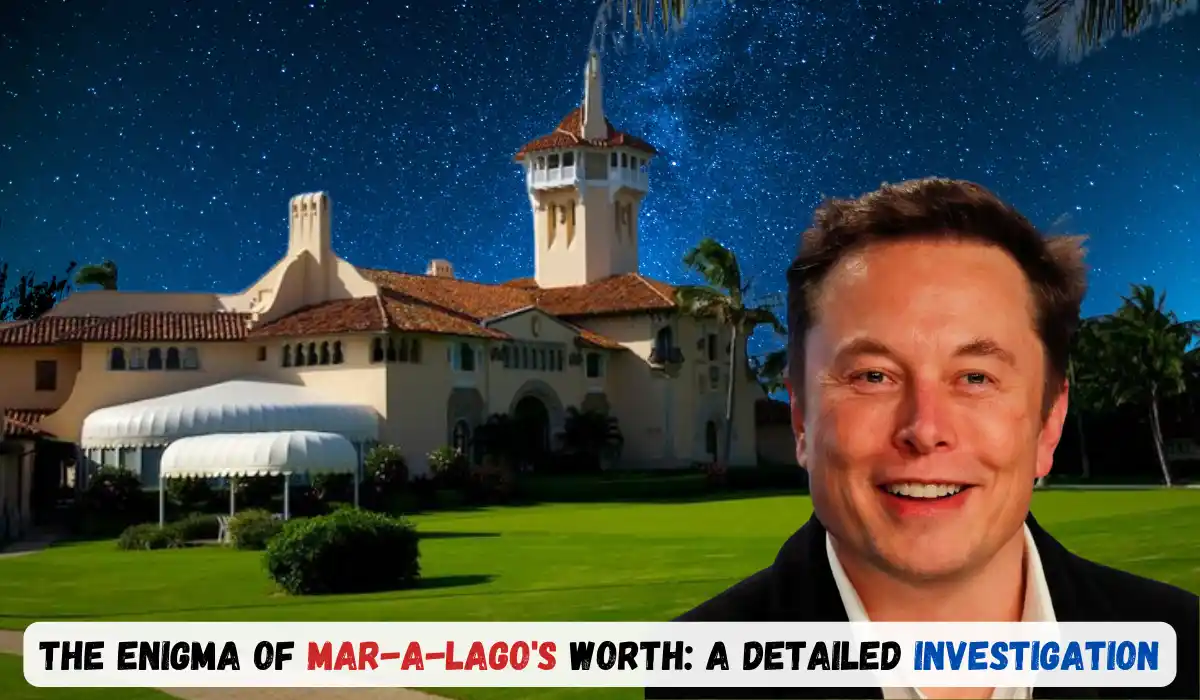
Elon Musk, Bill Gates, and ‘kings’ would pay $1B for Mar-a-Lago,
Introduction
In the heart of Palm Beach lies a property of unparalleled grandeur – Mar-a-Lago. This iconic estate, synonymous with opulence and prestige, has recently taken center stage in Donald Trump‘s civil fraud trial. The crux of the matter revolves around allegations of Trump inflating Mar-a-Lago’s value, a claim vehemently contested by the former president.
Lawrence Moens: The Expert Witness
Scheduled to testify in Trump’s defense is Lawrence Moens, a distinguished Palm Beach real-estate broker with an intimate knowledge of Mar-a-Lago’s allure. Moens asserts that visionaries like Elon Musk, Bill Gates, and esteemed royalty would willingly part with a staggering $1 billion for this exclusive property, dubbing it a fantasy list of potential buyers.
Mar-a-Lago: A Pinnacle of Luxury
Unveiling Moens’ Insights
Moens, a seasoned insider, shared his insights during a pre-trial deposition, emphasising Mar-a-Lago’s coveted status as one of the top residential properties in the country. His testimony unveils a fantasy list of ultra-billionaires and dignitaries who, in his estimation, would spare no expense to claim this masterpiece as their own.
The Non-Sale Conundrum
Despite Moens’ assertion of Mar-a-Lago’s desirability, he bemoans the fact that the property is not for sale. This raises intriguing questions about the motivations behind valuing a non-saleable property and its relevance to the fraud trial.
The Allegations and Counterarguments
Trump’s Defence Strategy
Trump contends that his net-worth statements, including the valuations of Mar-a-Lago, underestimated the true value of his properties. This stance challenges the state’s claim that the former president exaggerated his net worth by billions, with Mar-a-Lago being a focal point of contention.
The State’s Perspective
The state, led by Attorney General Letitia James, alleges that Trump intentionally inflated Mar-a-Lago’s value to secure favorable interest rates, citing a $3.6 billion exaggeration over a decade. Key to their argument is the claim that Trump misrepresented the property as unrestricted for development, a notion contradicted by historical deeds.
The Trial’s Significance
Judicial Rulings
New York Supreme Court Justice Arthur Engoron, in a pretrial ruling, declared Trump’s net-worth statements as fraudulent. The trial’s current focus lies in determining if the alleged over-valuations constitute fraud under New York criminal law and, if proven, the extent of Trump’s financial liabilities.
Financial Implications
The state contends that Trump’s actions resulted in him pocketing over $250 million in interest savings and property sales proceeds, gains that may need restitution if the court deems them ill-gotten.
Moens: An Unbiased Witness?
Scrutiny of Moens’ Testimony
Moens’ long-standing association with Trump raises questions about the impartiality of his testimony. Having brokered significant deals for Trump and being a Mar-a-Lago member, his ties to the former president may influence his perspective on the property’s value.
Financial Transactions
Details of financial transactions, including a $95 million sale of Trump’s Palm Beach mansion in 2008, and consulting fees of $225,000 in 2014, shed light on the intricate financial relationship between Moens and Trump. These transactions may impact the credibility of Moens’ assessment.
Conclusion
As Mar-a-Lago takes the spotlight in Trump’s fraud trial, the testimony of Lawrence Moens becomes pivotal. The clash between Trump’s defence and the state’s allegations underscores the intricacies of property valuation, financial dealings, and the implications of inflated net worth. The trial’s outcome will undoubtedly shape the narrative surrounding Mar-a-Lago and its place in the annals of luxury real estate.





